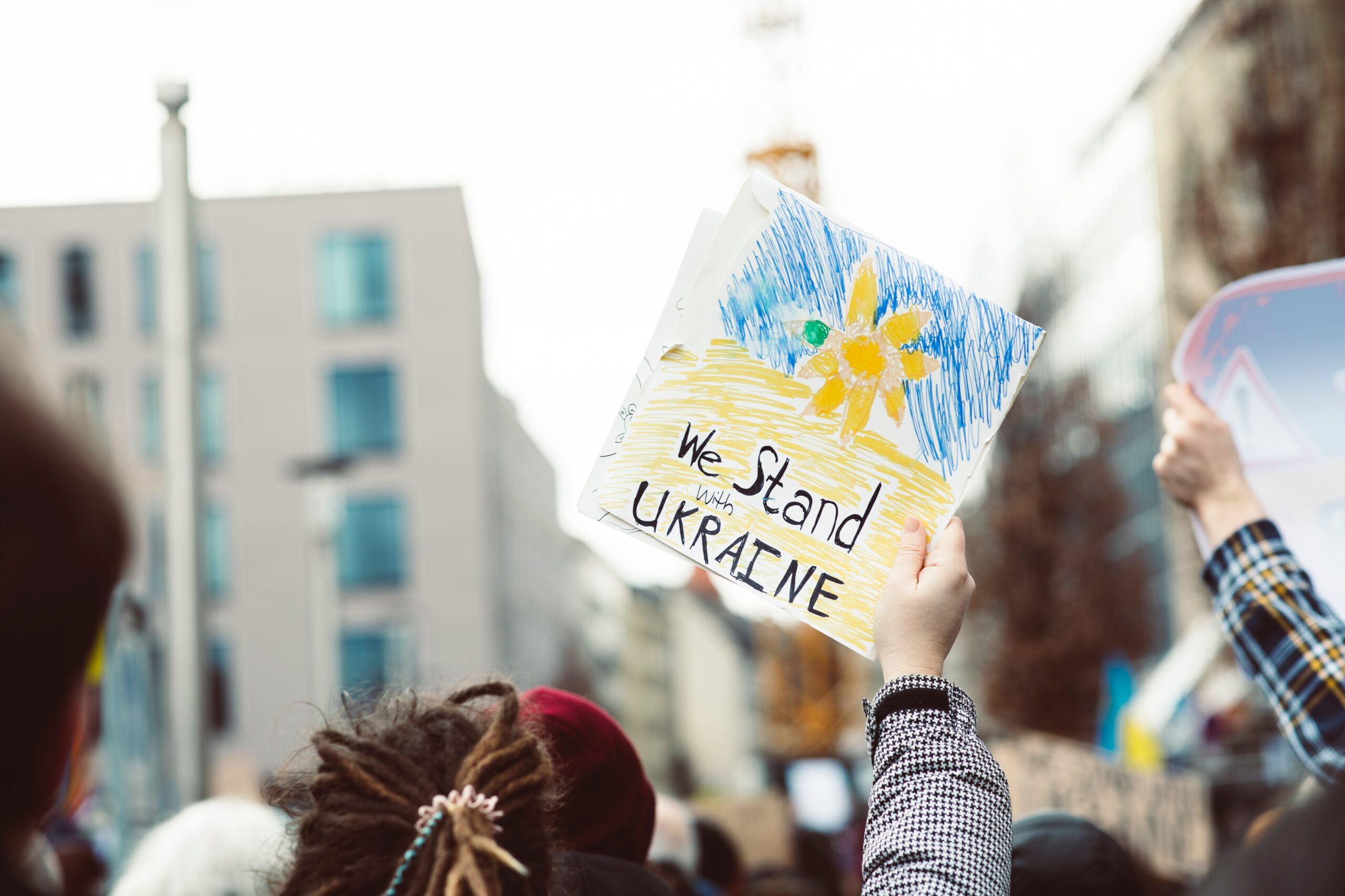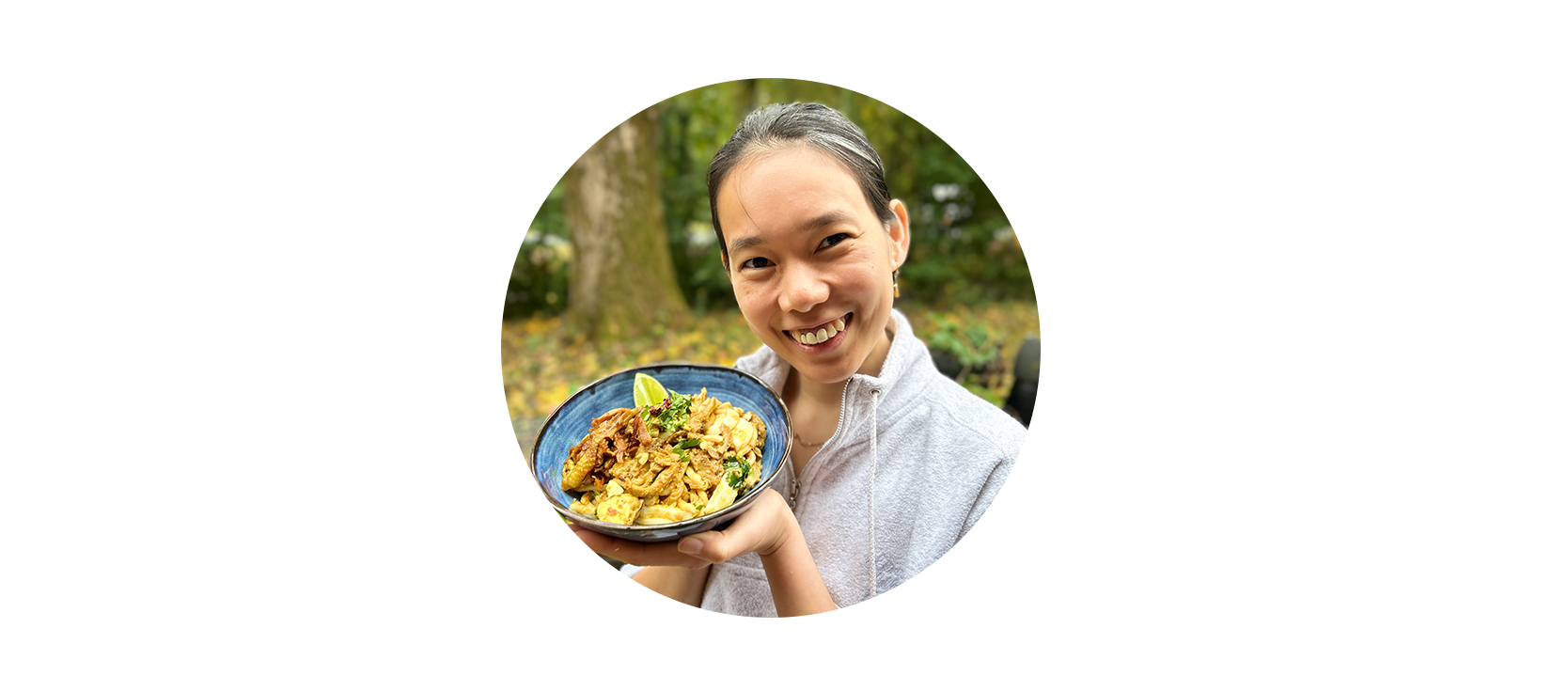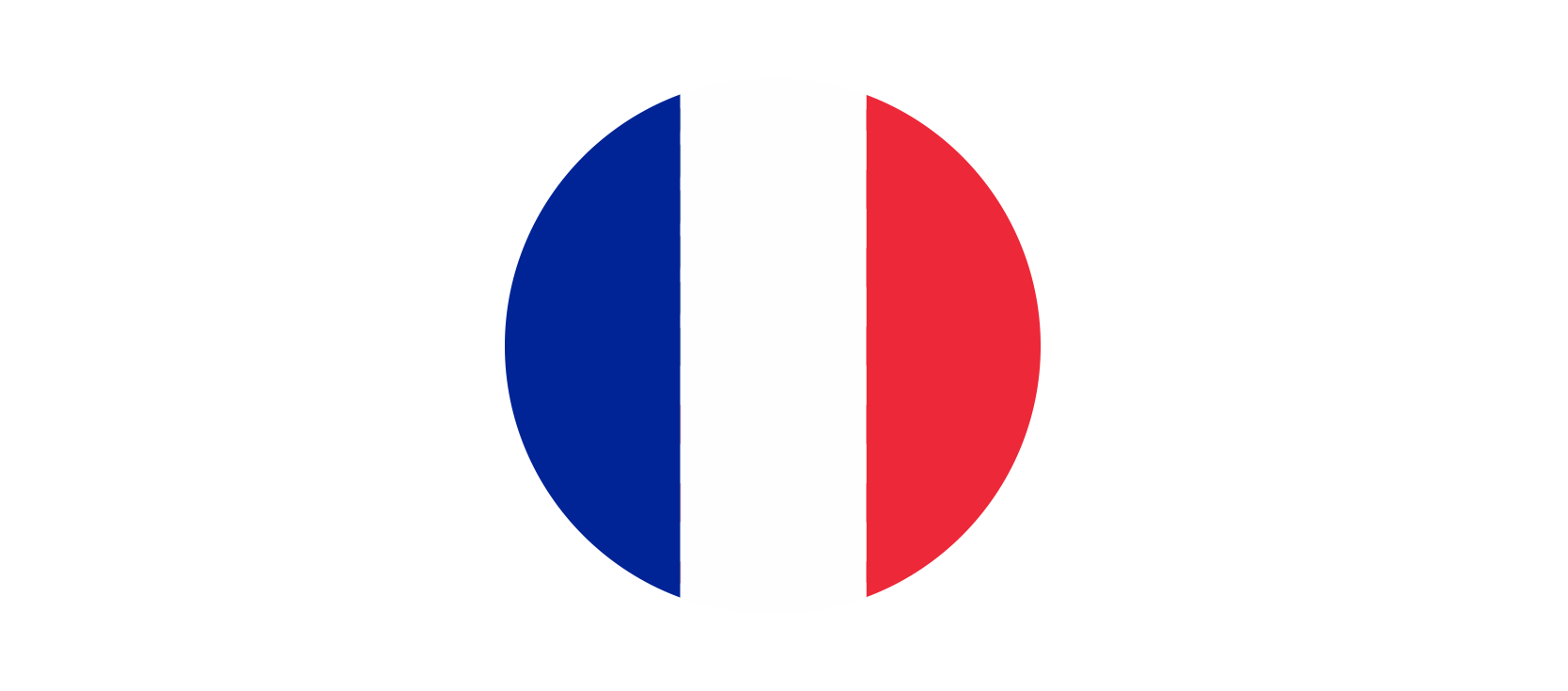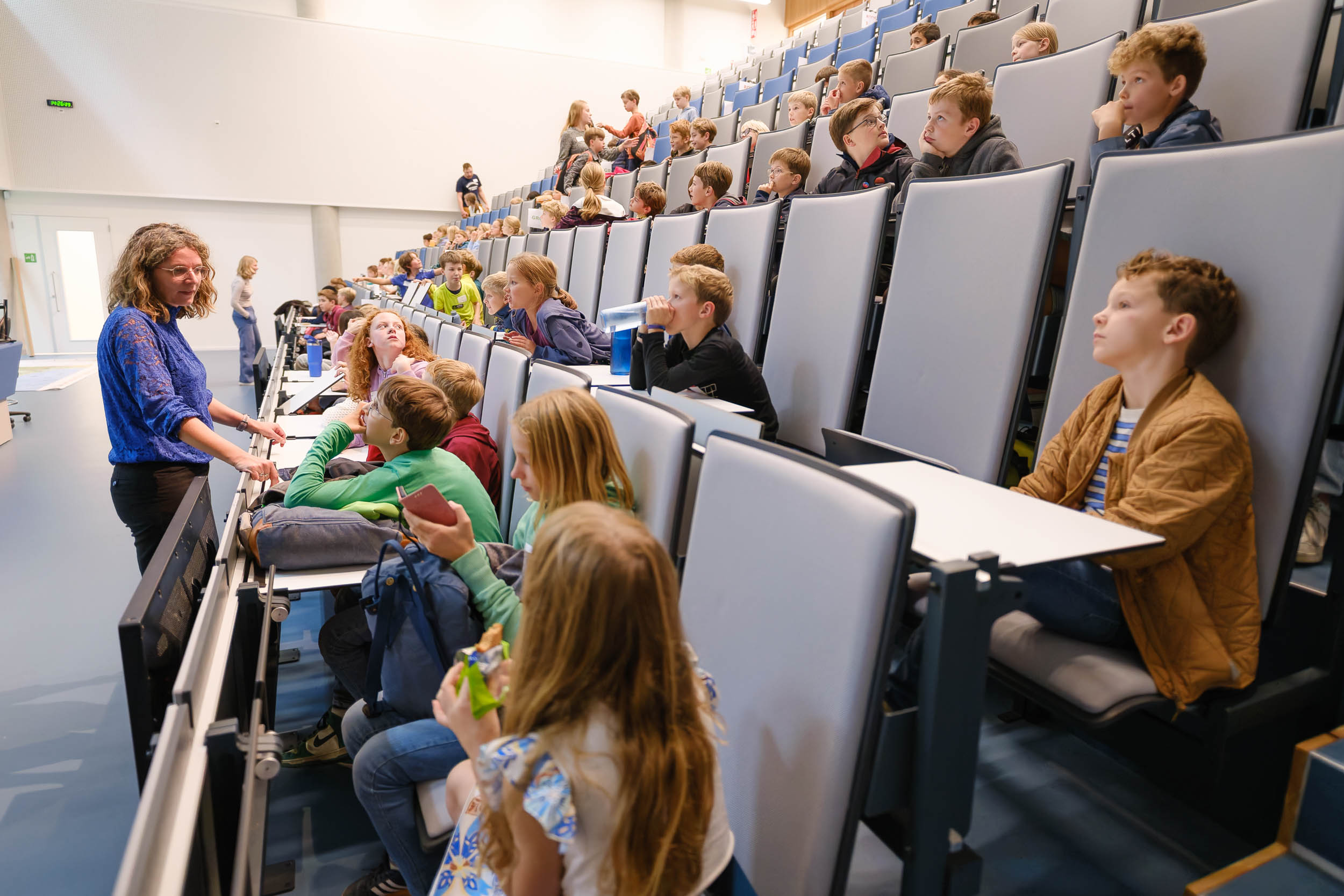‘The majority of Russian scientists do not support Putin and are totally against the war. Some of them even take huge risks by protesting openly. Please do not exclude them. They could really use your support right now.’
This emotional appeal came from two Russian WUR colleagues, after the Dutch universities heeded the cabinet’s call to freeze all institutional scientific collaboration with Russia and Belarus. There is still plenty of room for personal contacts, according to a statement by The Universities of the Netherlands, but these WUR colleagues say they see little evidence of this in reality. ‘Russian scientists are in danger of becoming totally isolated. Their publications are being taken offline, the supply of materials and data has completely dried up, and long-standing international collaborations are terminated.’
The Dutch scientific boycott is a response to a letter from Russian university rectors, expressing their unconditional support for Putin. But, according to a Russian colleague (who wishes to remain anonymous for fear of reprisals), these rectors are not representative of the Russian academic community. ‘Thousands of Russian scientists have summoned the courage to sign a petition against Putin’s state aggression. Some are even brave enough to demonstrate openly, although they face enormous risks. A Moscow State University alumna, who is also a mother of three, was arrested for demonstrating. Children of the detained in Russia risk ending up in an orphanage. And I don’t know what is worse: a Russian prison or a Russian orphanage’, she says with emotion in her voice.
Thousands of Russian scientists have summoned the courage to sign a petition against Putin’s state aggression.
It is understandable, says the colleague who was interviewed, that Putin’s invasion of Ukraine should have consequences for scientific collaboration. But she feels that a total boycott is excessive. ‘Restrictions on warfare-related knowledge – technology or chemistry – make total sense. But this boycott also hits people like marine biologists or soil scientists, whereas they have absolutely nothing to do with the war.’
What can or should the WUR community do to support peace-loving Russian colleagues? ‘If you have connections in Russia, please don’t completely ‘cancel’ those people. Be aware that a lot of members of the Russian scientific community are against the war; please understand how terrible it is to be caught up in such a dead-end boycott. Russian researchers are already left without crucial equipment and reagents, due to the sanctions, but it would be even more painful to lose interpersonal contact as well. Please don’t abandon us, as we are standing for peace.’

 Photo Unsplash/Markus Spiske
Photo Unsplash/Markus Spiske 

